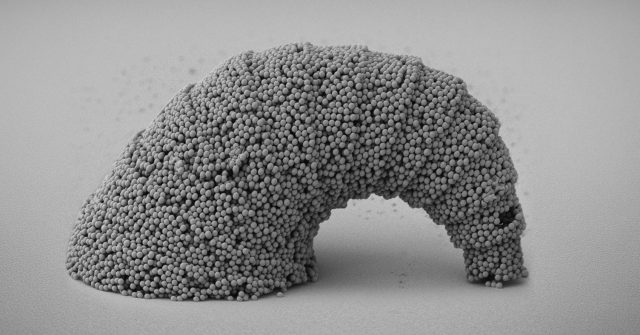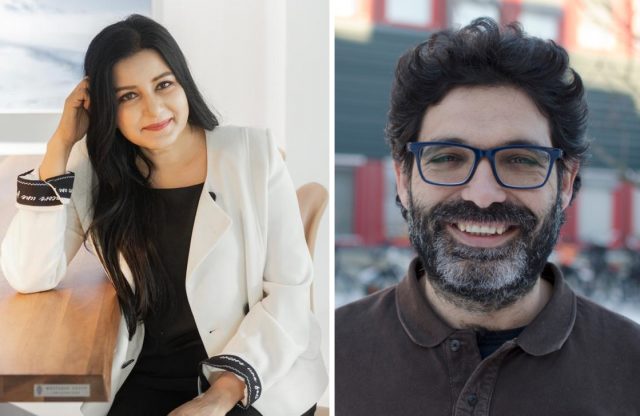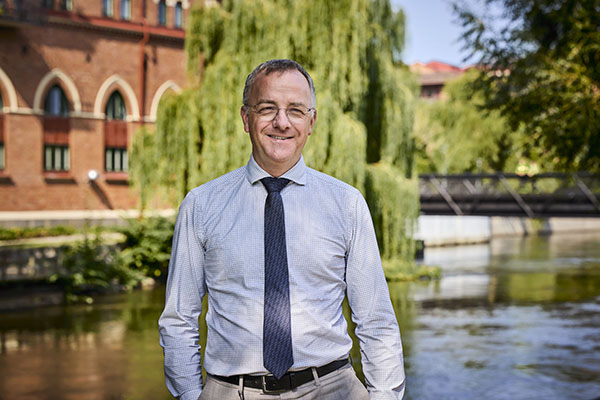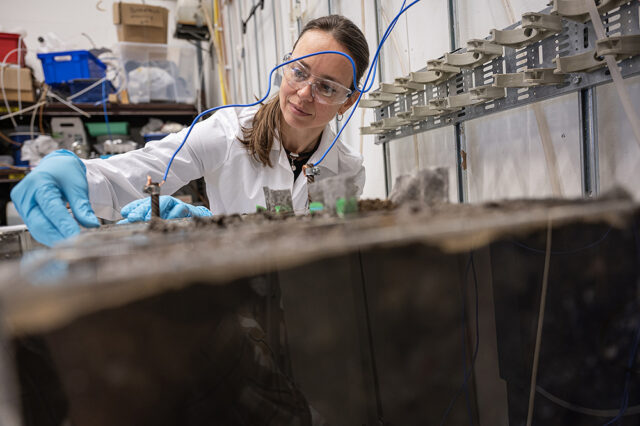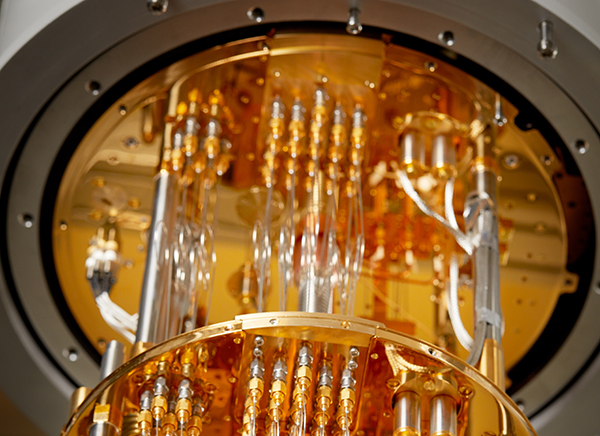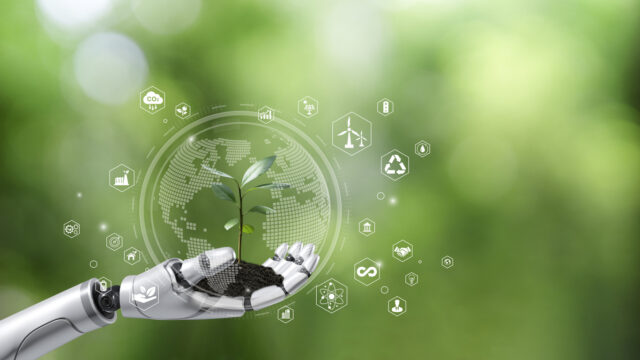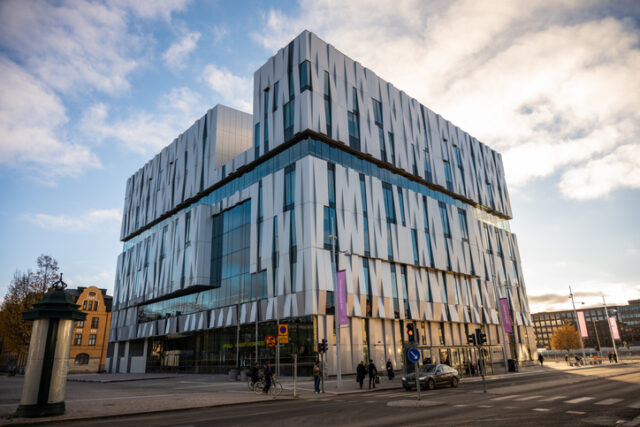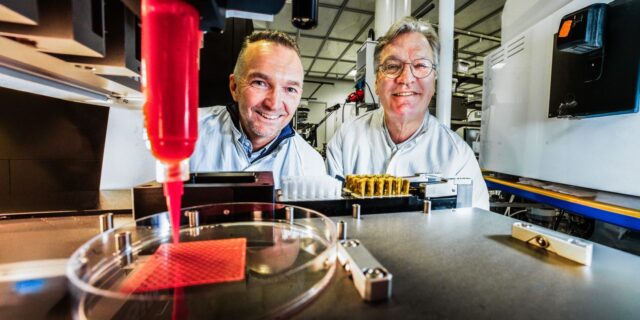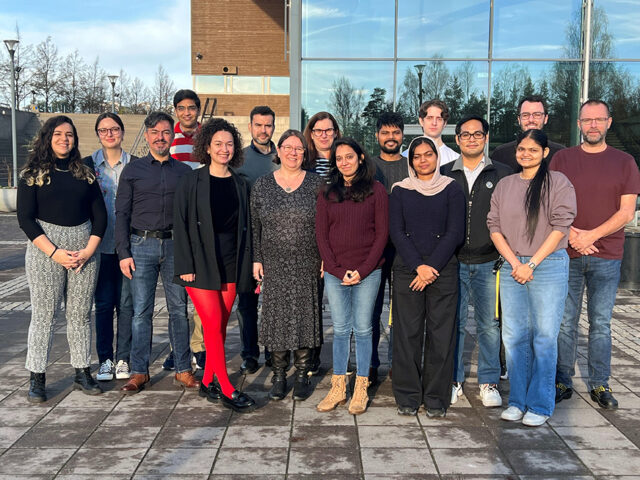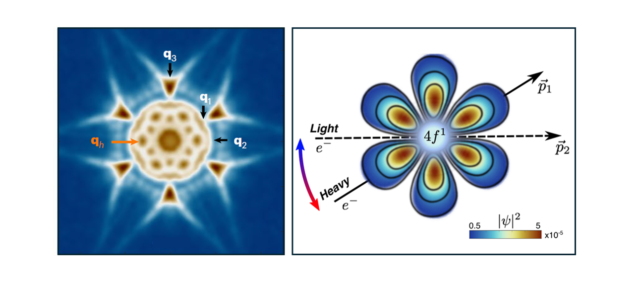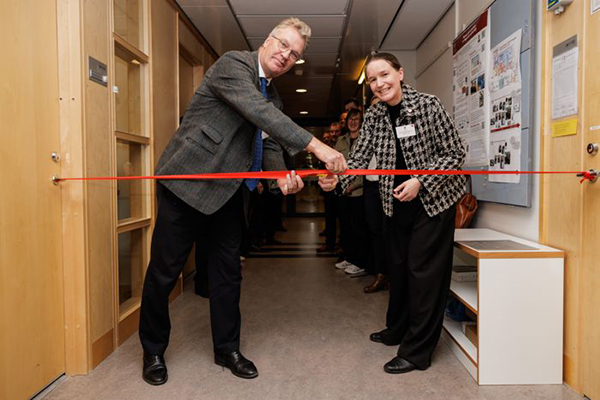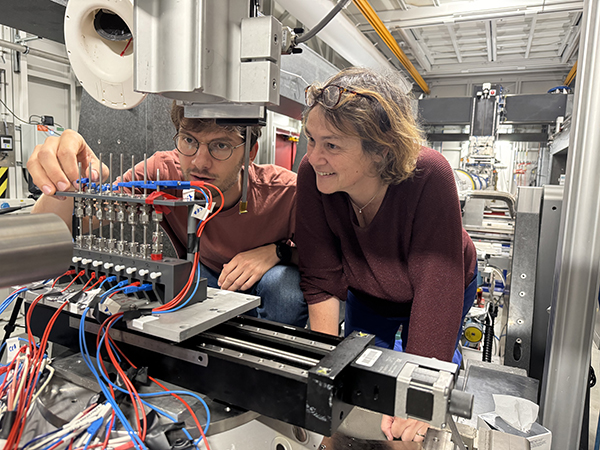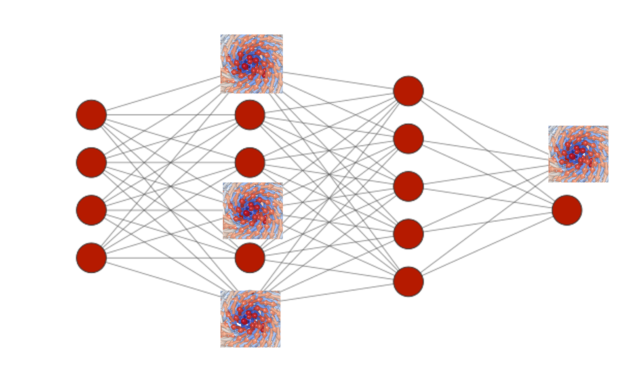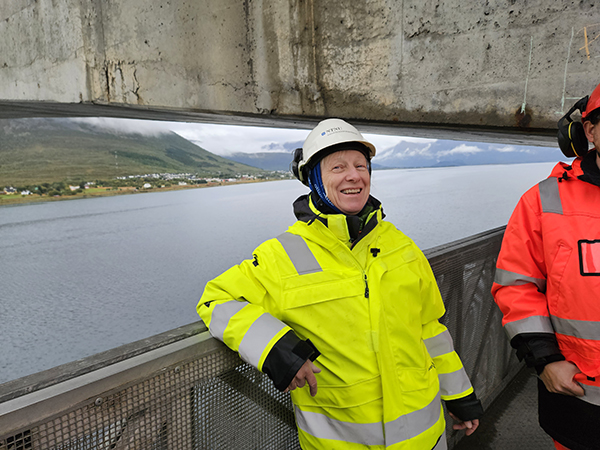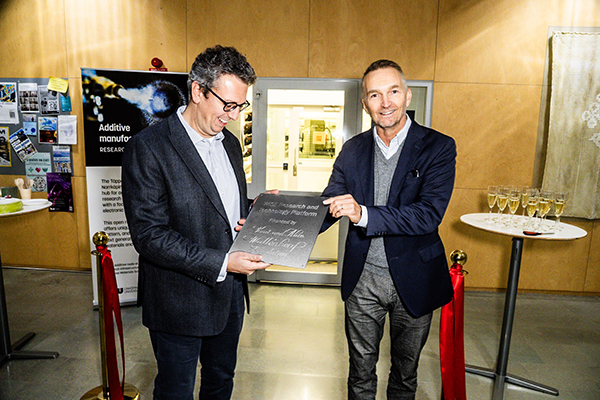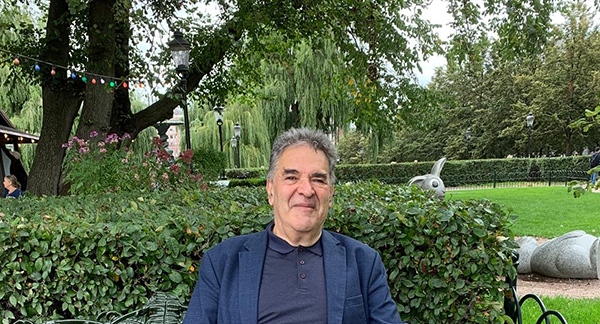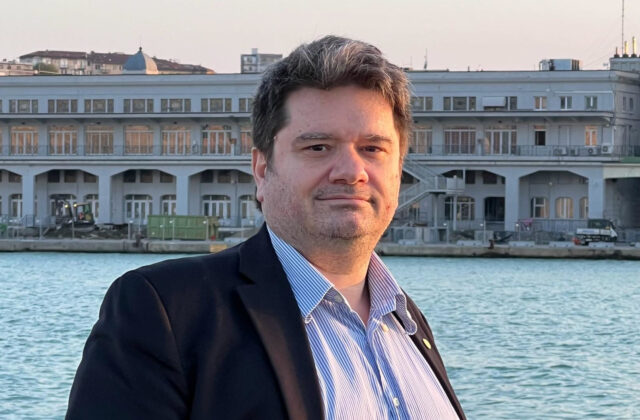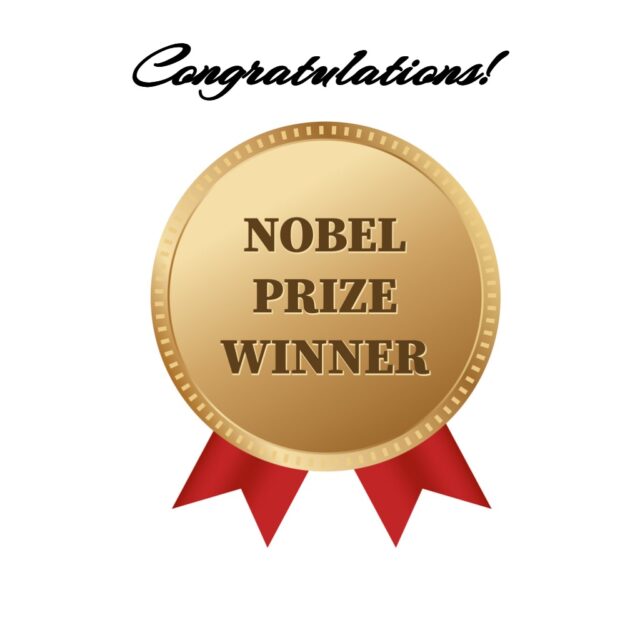Together with his team, he dives deep into the invisible world of atoms and molecules, using powerful computer simulations and artificial intelligence to understand how electrochemical systems work. These are the systems at the core of today’s batteries and the key to tomorrow’s cleaner, safer energy solutions.
Right now, Professor Zhang is leading a joint WASP-WISE project that combines cutting-edge simulations with machine learning, aiming to speed up the discovery of new materials. His work is not just about theory—it’s about creating the computational tools and insights that could one day make energy storage safer, more efficient, and more sustainable for everyone.
Can you tell us about your research project?
My project is about the future of energy storage – discovering new materials for the next generation of batteries. We focus on solid polymer electrolytes, which could replace the liquid electrolytes used in today’s lithium-ion batteries. The liquid versions can leak and pose safety risks, while solid alternatives make batteries both safer and more sustainable.
To speed up the discovery of these new materials, our team combines generative artificial intelligence, advanced materials modeling, and experiments. This way, we can identify promising candidates for tomorrow’s batteries much faster.
What are the benefits of your research for society in the future?
If we succeed in developing stable and recyclable solid electrolytes, we can create batteries that last longer, are safer, and generate less waste. This is especially important for electric vehicles, where better batteries can mean longer driving ranges and safer technology. But the solutions could also benefit other areas such as supercapacitors, flexible electronics, and other energy storage systems.
In short, this technology could support a more sustainable energy future and help achieve several of the UN Sustainable Development Goals.
What drives you, and why did you want to become a researcher?
I’m driven by curiosity—by the desire to understand how complex electrochemical systems work on the atomic level. At the same time, I want to contribute to a more sustainable future through technologies that can make a real difference. Being a researcher allows me to explore fundamental questions while also creating practical solutions for society.

